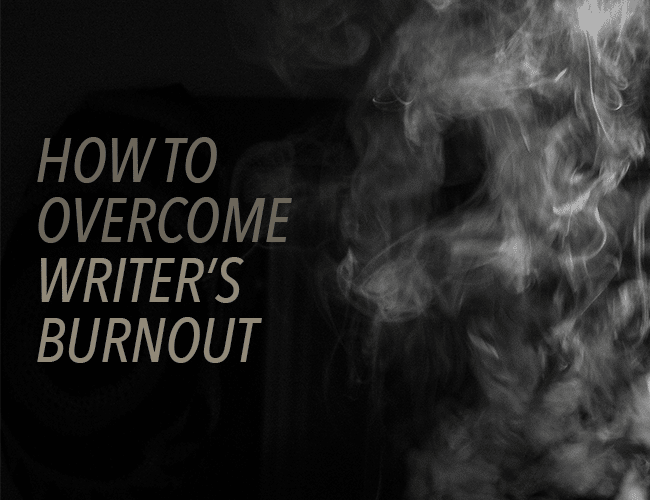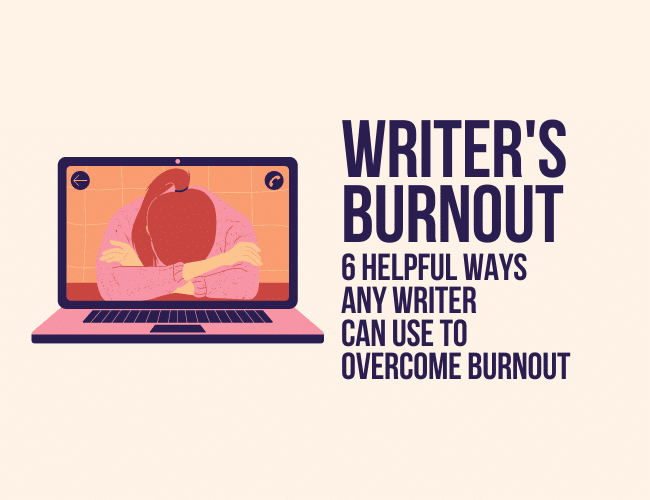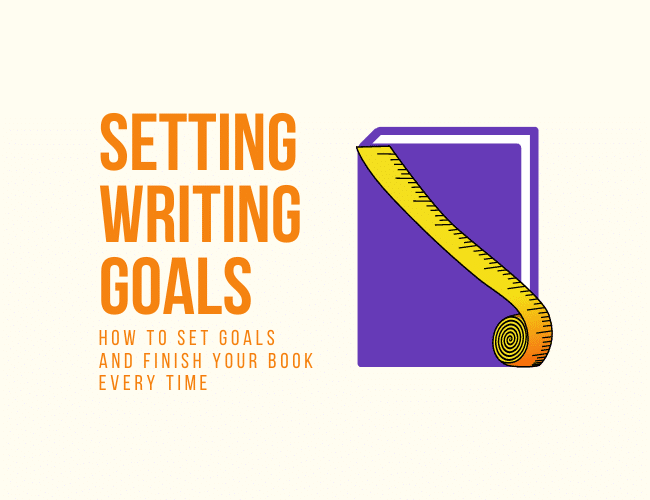
by Joe Bunting |
Have you ever wanted to write a book? Maybe you’ve thought about it. Maybe you’ve even started writing, but got stumped halfway through.
Yesterday, I took a poll of writers in our community. What I found is that 85% of writers have had a great idea for a book, have even tried to write it, but haven’t been able to finish it.
Yes, finishing a book is hard. Trust me, I know just how frustrating and overwhelming it can be.
But it’s not impossible.
Here’s the story of how one author finally finished her book.

by Sue Weems |
I’m a firm believer in deadlines.
Some will argue that creativity has no end point and that they can’t be inspired if there’s a timeline. If that mindset results in powerful writing and stories that resonate with readers as regularly as you’d like, then go forth and continue with the process that is working for you!
If, however, you can’t seem to finish in the time and manner you desire, a little deadline practice might be just the thing you need to propel your writing forward.

by J. D. Edwin |
Have you ever wondered how some writers publish a book or more a year? Do they have a secret that could teach you how to become a successful writer? Are there tools you could use to make you equally productive?
If you want to become a successful writer, you need to first learn how to become a productive writer. But what does it really take to be productive?
In this article we will look at five tools you can use to become a more productive and successful writer—all of which you’ll want to place neatly in your writer’s toolkit.

by Kellie McGann |
Although I call myself a writer, the last few months I haven’t been writing. I’m not sure exactly what happened, but somewhere between ghostwriting projects and blog posts, I just stopped.
I couldn’t put words on a page, and when I did, the words barely made sense. I stopped writing for a total of three months and no matter what I did, nothing seemed to help. None of the writer’s block tricks were working.
It took me a few weeks to realize that it wasn’t writer’s block I was dealing with. It was writer’s burnout.

by J. D. Edwin |
Have you ever started writing a book with a burst of energy and enthusiasm? Did you feel like your fingers were flying off the keyboards, and then somewhere in the manuscript…they stopped. Have you ever become a victim to writer’s burnout?
At some point in the writing process, every writer feels exhausted.
It’s hard work writing a book, let alone working full time, caring for children or pets, and any other additional responsibility you have in life.
Nothing is more frustrating than when, for one moment, you felt fully emerged in your story. The next day you’re tempted to give up on your story altogether. You’re tired. You need a rest.
First, this is normal. Second, you can overcome it!
In this article, I share my personal experience with writer’s burnout. I also suggest six helpful ways to overcome it so you can get back to writing—and not regret the time you spend with your story.

by J. D. Edwin |
Have you ever had a great book idea, or started a story but failed to finish it? Did you try setting writing goals to finish your story, but couldn’t keep up with your giant ambitions?
Did failing to meet your writing goals end in your giving up?
Goal setting is not as straightforward as it seems. Bad goals reinforce bad habits. If you want to become a writer and finish your writing projects, you need to set goals that you can meet—while also pushing you to complete your writing projects.
In this article, you will learn the two types of goals every writer can set and accomplish. You’ll also learn four major reasons every writer needs to actually finish their writing projects—along with tips on how to do this.








